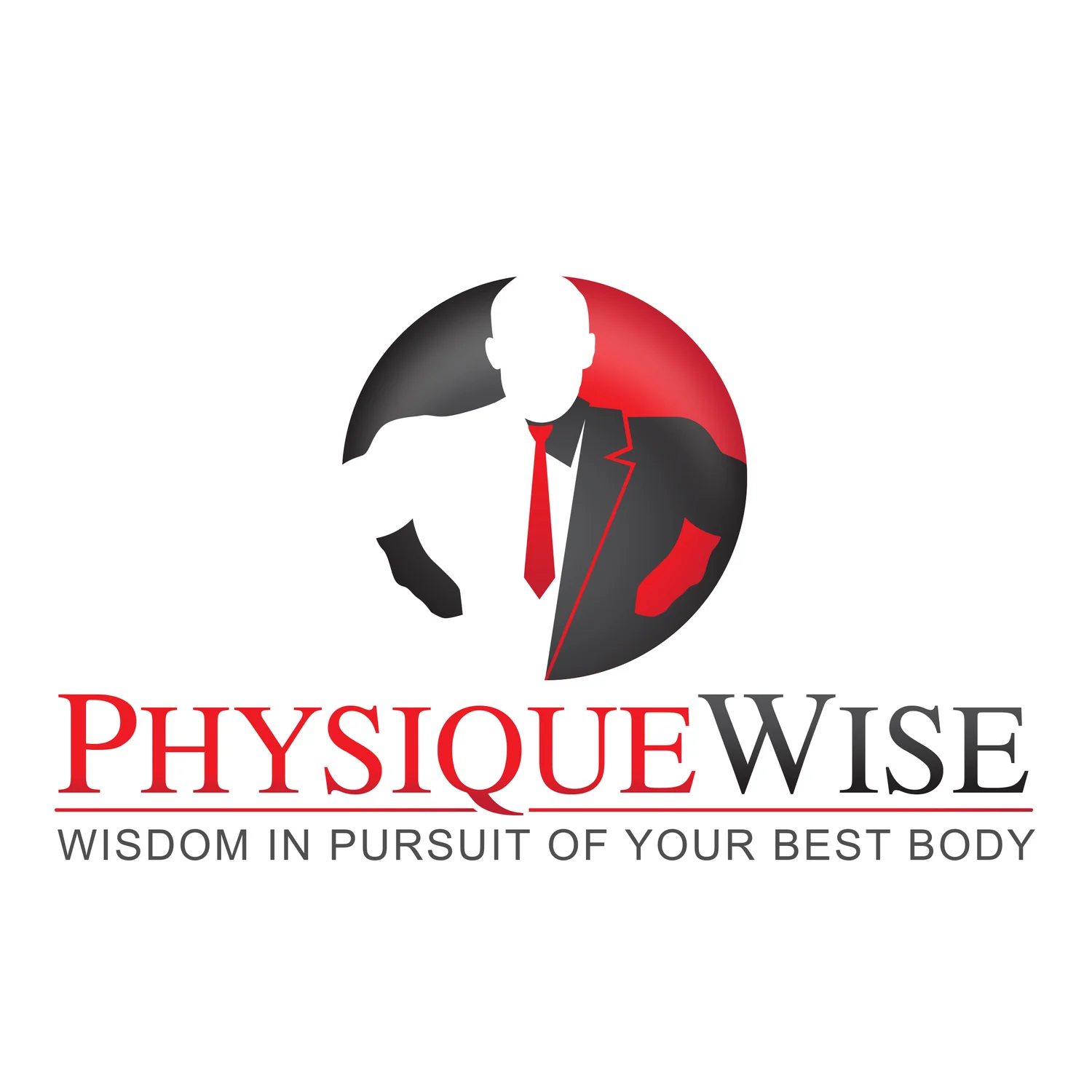Holiday's are a glorious thing. They allow you to rest, recuperate and recharge. Stress levels are lowered, we get more sleep, we eat good food. However, on returning from holiday after a week (or two, or three) off, the gym can seem like a traumatising proposition. It's akin to returning back to school after the summer break. Everything feels odd and not particularly pleasant.
So, having taken some time off, what is the best approach to take with regard to the training you should do? Should you just carry on with the program you were doing pre-holiday? Should you jump straight into a new program?
Holiday's are a great way to unwind.... but it makes getting back to training a more frightening proposition!
My advice is do neither. I would spend the first couple of sessions easing back in with what I call 'Full Body 80% Workouts'.
What does this mean?
- You are to work at roughly 80% of your capacity, meaning you aren't lifting your max load on any exercise and you aren't taking any sets to absolute failure.
- You do full body workouts
- You use neither high reps (nothing above 15) or low reps (nothing under 6)
- You use a moderate number of sets (2-4)
- You use moderate rest periods (90-120 secs generally)
- You use moderate tempos (neither really slow or explosive)
So what might a workout actually look like?
Warm-Up: Perform 5 mins steady state cardio on a piece of equipment to your liking (could be the treadmill, a bike, the rower, the elliptical etc) followed by some foam rolling and mobilising.
A1. Barbell Back Squat 4 x 8 (60 secs rest)
A2. Lying Leg Curl 4 x 8 (60 secs rest)
B1. 30 Degree Incline Neutral Grip DB Press 3 x 10 (45 secs rest)
B2. Seated Neutral Grip Cable Row 3 x 10 (45 secs rest)
C1. Wide, Pronated Grip Lat Pull-Down 3 x 10 (45 secs rest)
C2. Standing Neutral Grip DB Shoulder Press 3 x 10 (45 secs rest)
D1. Standing DB Hammer Curl 3 x 12 (30 secs rest)
D2. Rope Tricep Pressdowns 3 x 12 (30 secs rest)
D3. Hanging Leg Raises 3 x 12 (90 secs rest)
This is just a sample program. Ideally, a full body workout should include most (if not all) of the following: -
- A knee-dominant leg exercise (think Squat, Lunge, Leg Press, Leg Extension)
- A Hip dominant leg exercise (think Deadlift, Romanian Deadlift, Back Extension, Leg Curl)
- A horizontal press (think Bench Press, Chest Press, Chest Flyes etc)
- A vertical press (think Shoulder Press, Lateral Raise etc)
- A horizontal row (think Bent Over Row, Seated Cable Row, Face Pull etc)
- A vertical row (think Pull Up, Pull Down etc)
- Calves, arms and abs.
So why use the 'Full Body 80%' method?
- It's a good way to ease yourself back in
- You don't take sets to failure meaning you will recover faster
- You hit all muscle groups in one go
- You won't get any serious DOMs (muscle soreness after training) as volume is kept relatively low and you aren't simply smashing any one muscle group
- You will get a good calorie burn (which is a nice bonus given that you probably have some extra timber to work off post-holiday)
- You won't completely resent training after not doing any for a week or so - some of us struggle with motivation at the best of times. This approach makes training a far less frightening proposition.
The gym can seem like the fiery pits of hell if you push yourself too hard after some time off!
So, if you are returning to training after a period off, my advice is this: -
- Don't flog yourself to death so that you cannot move for the next week
- Don't train so hard you resent it
- Don't use training as a means of 'punishing' any unhealthy behaviour on holiday
- Do ease yourself back into it using the '80%' approach
- Do focus on the quality of your training
- Do take your time and slowly build up your training volume and intensity
- Do be smart about your approach - your body will thank you for it in the long-run



